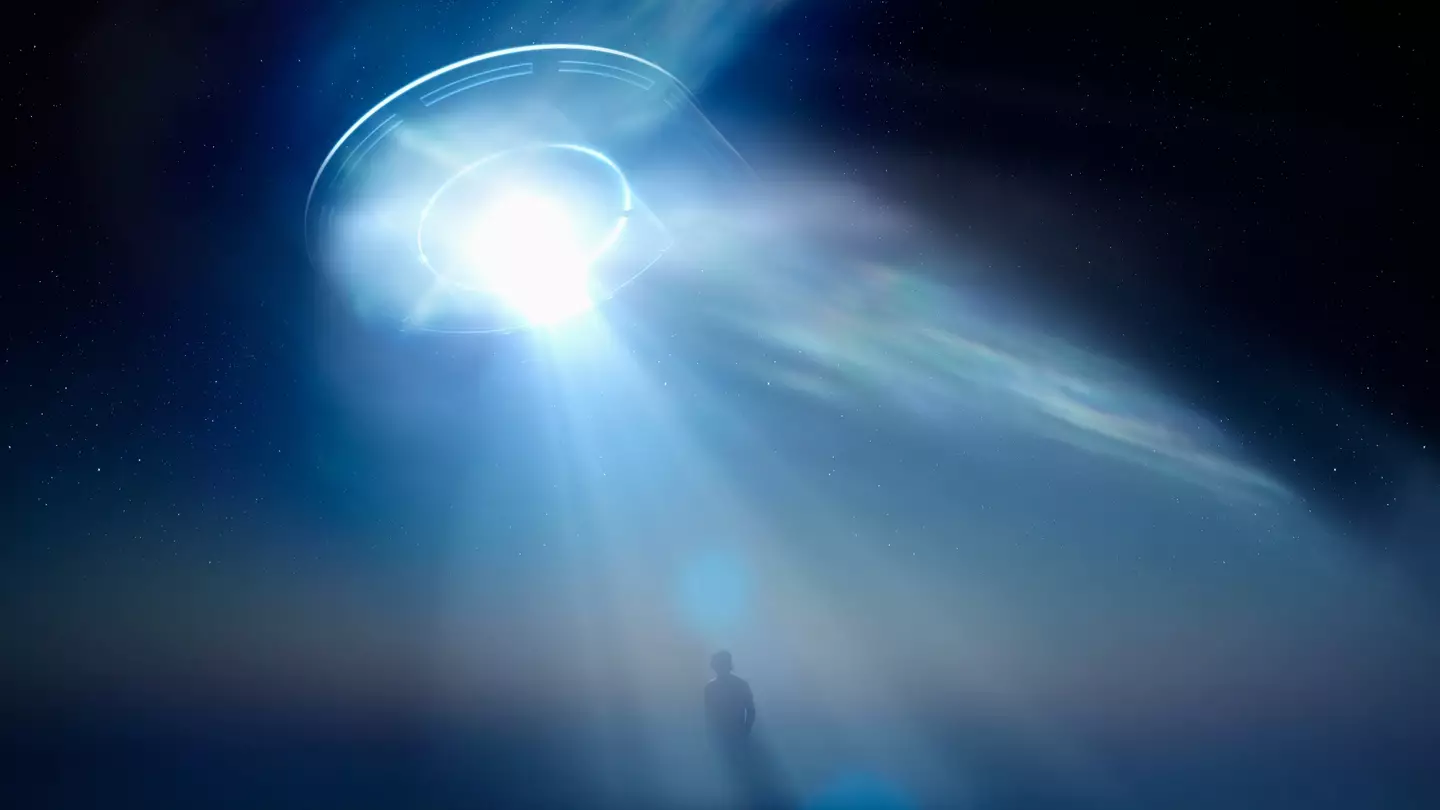A NASA scientist has shared an unusual explanation for why aliens may have ceased attempts to communicate with humans, and the reason behind it could be considered offensive to some.
Though there is no concrete evidence of extraterrestrial life in distant galaxies, discussions about UFOs making appearances on Earth frequently arise when contemplating phenomena beyond our world.
Evidently, there’s a rationale for why aliens have not reached out to anyone on Earth, and it stems from a reason that might insult many of us.
Researchers are contemplating the theory that if extraterrestrial civilizations do exist, they may have simply grown disinterested in us and have abandoned efforts to maintain contact.
Adopting the concept of ‘radical mundanity’, a newly published paper proposes that aliens could be traversing the universe with technology far surpassing anything seen on our planet.

The paper examines the Fermi paradox, which pertains to technology-utilizing extraterrestrial civilizations (ETCs) within the galaxy.
Dr. Robin Corbet, a scientist affiliated with the University of Maryland and NASA’s Goddard Space Flight Center, explained: “The idea is that they’re more advanced, but not much more advanced. It’s like having an iPhone 42 rather than an iPhone 17.
“This feels more possible, more natural, because it’s not proposing anything very extreme.”
While one might assume that technology is significantly more advanced elsewhere, Corbet suggests that the technological gap may not be as wide as expected.
He further noted: “They don’t have faster-than-light, they don’t have machines based on dark energy or dark matter, or black holes. They’re not harnessing new laws of physics.”

Should this be the case, experts caution that extraterrestrial beings might lose interest in space exploration and the data being relayed back to them from various planets.
“Two possibilities exist: either we are alone in the universe or we are not. Both are equally terrifying,” said author Arthur C. Clarke, as reported by the Guardian.
Another authority, Prof. Michael Garrett, director of the Jodrell Bank Centre for Astrophysics, also voiced skepticism regarding the newly released study.
“It projects a very human-like apathy on to the rest of the cosmos. I find it hard to believe that all intelligent life would be so uniformly dull,” he remarked.
Nevertheless, Garrett offered his own hypothesis on the topic, expressing a preference for a “more adventurous explanation of the Fermi paradox.”
He added: “That other, post-biological civilisations advance so rapidly that they slip beyond our capacity to perceive them. I hope I’m right, but I could very well be wrong. Nature always has some kind of surprise for us around the corner.”

